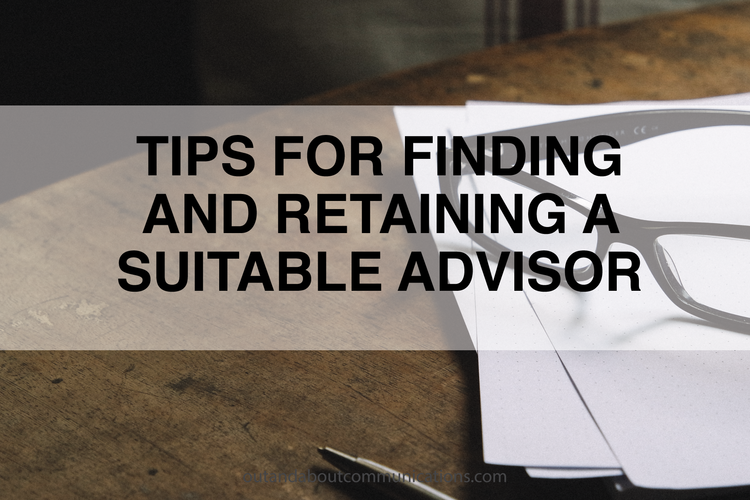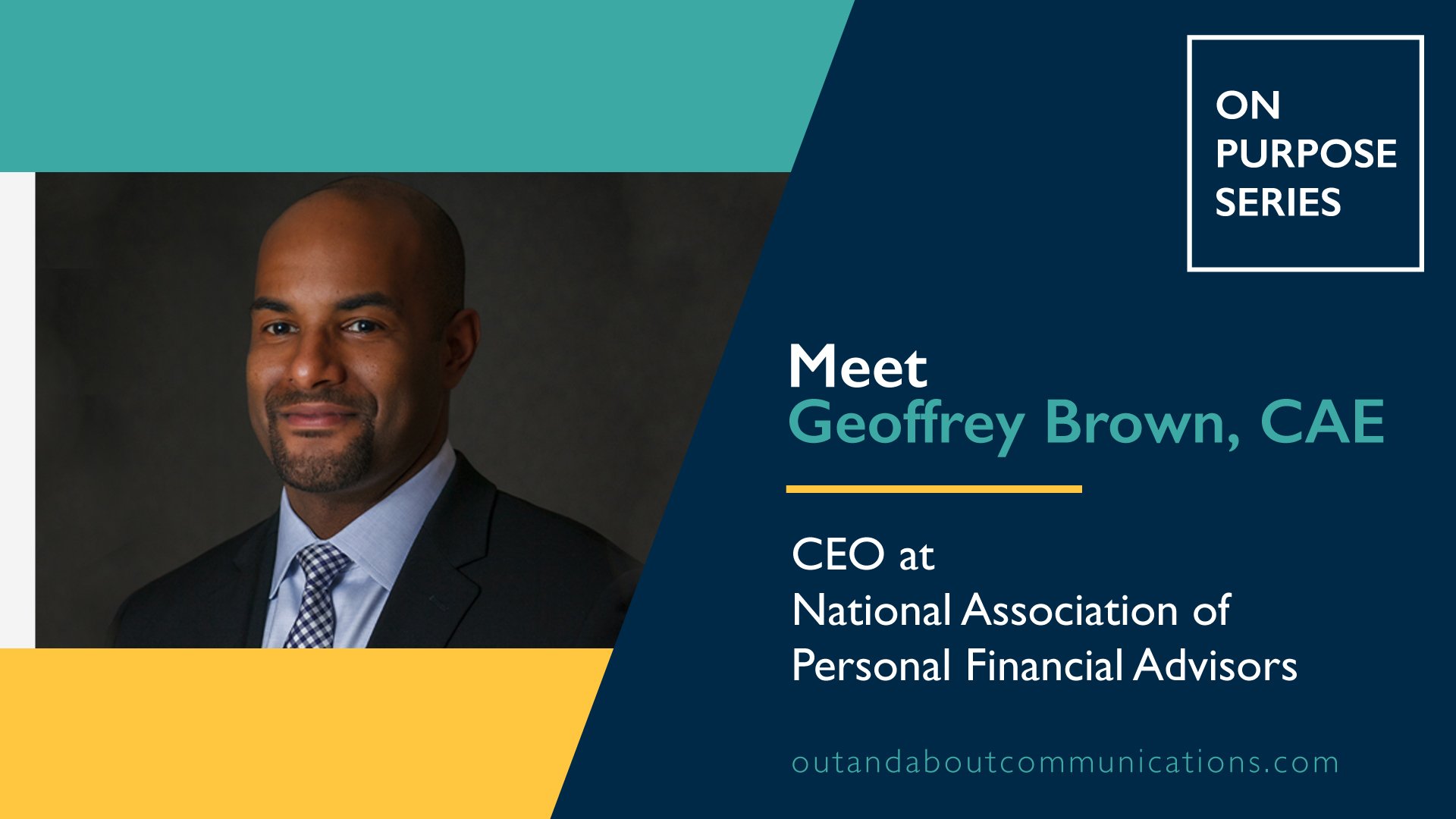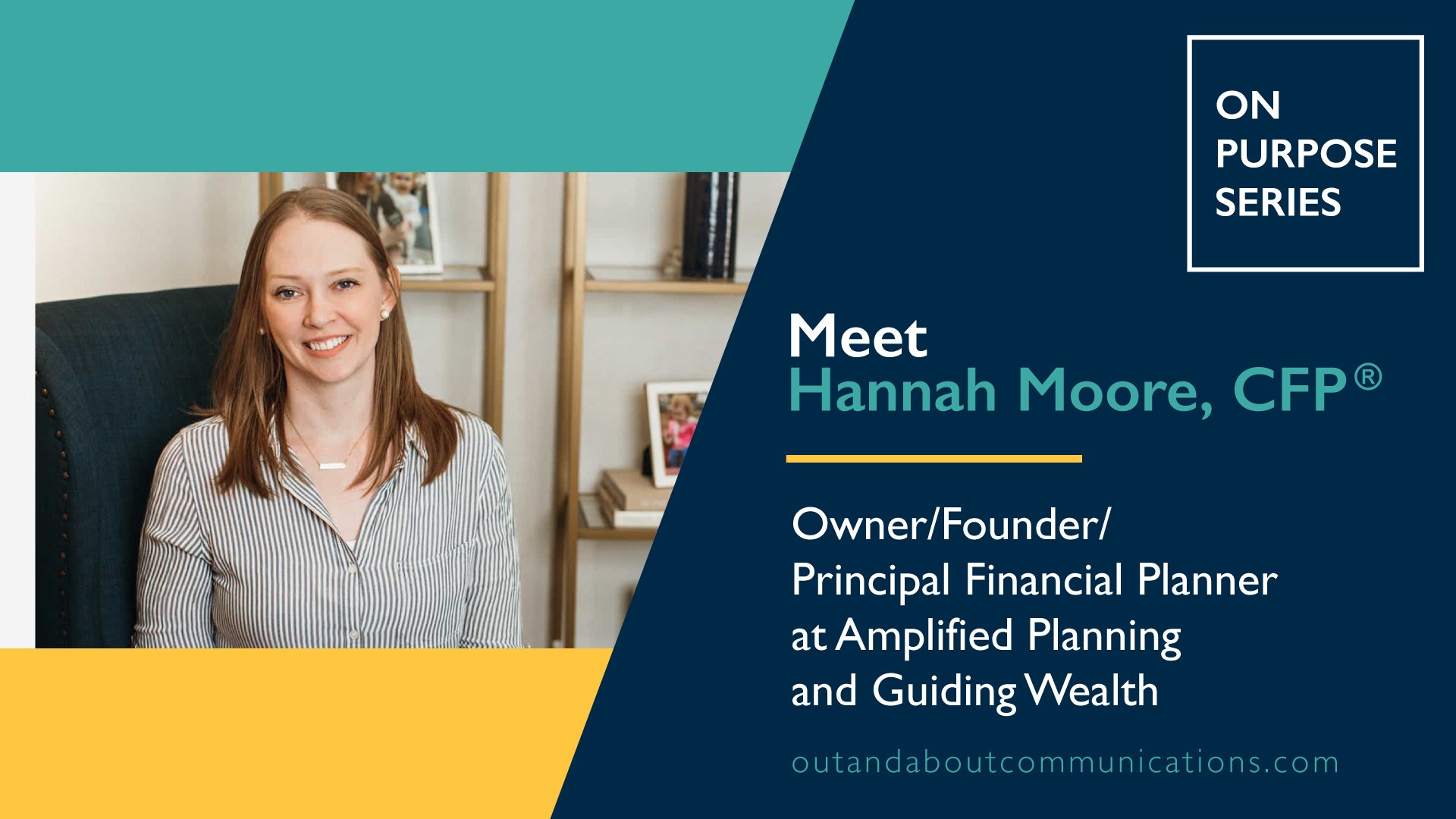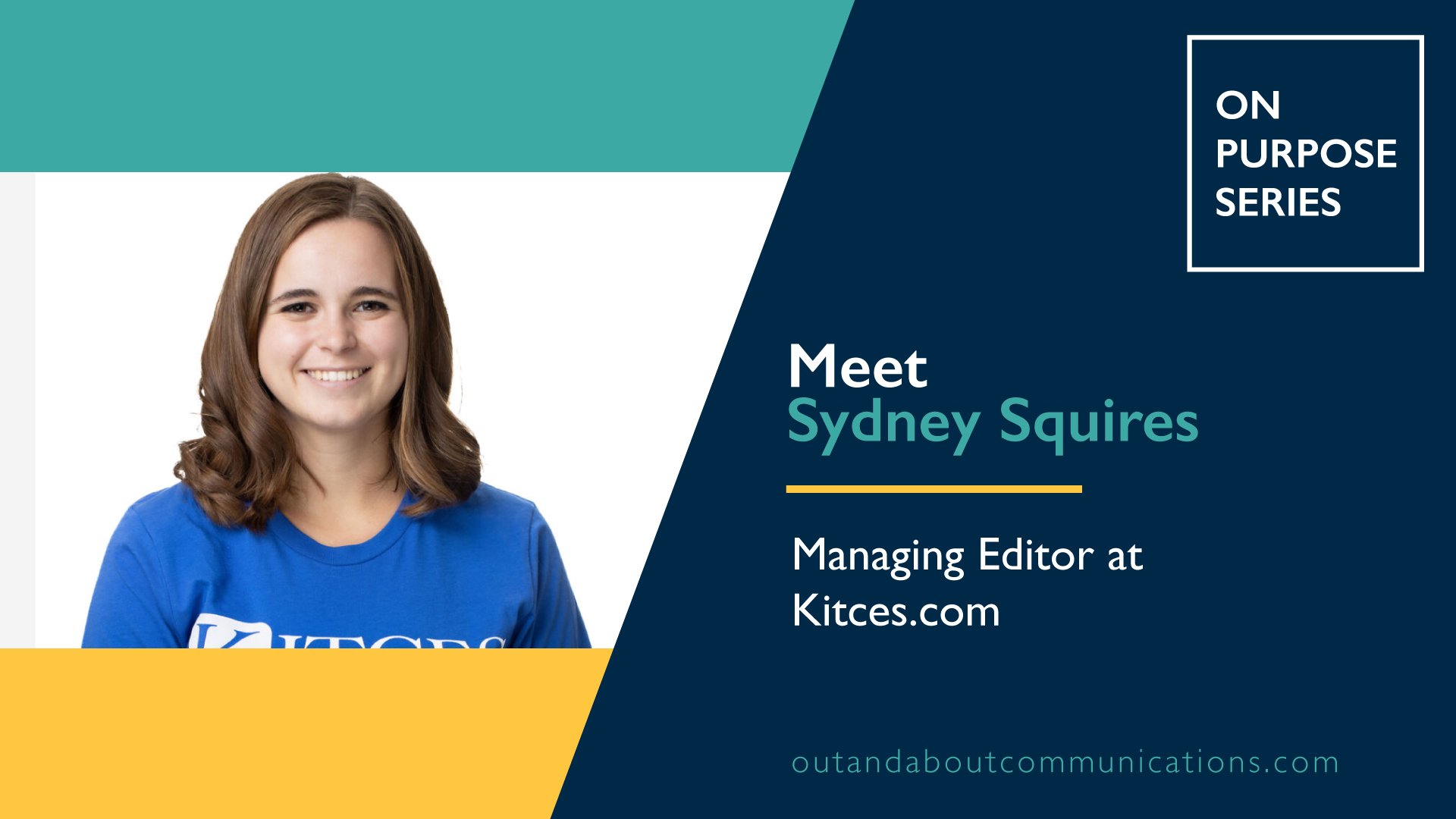
Guest post written by Callan Capital
Have you been through a financial event like a divorce, IPO, sale of a business, or inheritance? Chances are, these emotionally-charged circumstances have left you feeling like you need a roadmap for your financial future, or the help of a financial advisor or advisory firm.
In their relationship with an advisor, investors value communication, trust, and performance. With this in mind, finding a suitable advisor for you and your family can be a time-consuming process. By following these tips below, you can find an advisor that is competent, trustworthy and fulfills your unique long-term goals and objectives.
Research the advisor and ask for recommendations
The simplest way is to perform a google search where you can find an advisor's website and any news related to the advisor or advisory firm. Additionally, search for an advisor’s form ADV through the Securities and Exchange Commission (SEC). The form ADV states the investment style, assets under management and key officers of the firm. In the financial advisory business, existing client referrals are important. Often times, friends, family, and colleagues have insight into your personal circumstances and may be able to match you with a financial advisor with whom they work. Before signing on with an advisor, ask to speak with an existing client regarding their services for an unbiased opinion. Additionally, ask for a sample financial plan, sample investment portfolio, and a breakdown of any and all fees.
Credentials matter
There are many credentials available to financial advisors, yet we believe there are a few that are more important than others. The CFP designation (Certified Financial Planner) is designed for financial planning professionals who complete extensive training, are held to rigorous ethical standards, understand complexities of the changing financial climate and make recommendations in a client's best interest (5 Key Credentials to Seek in a Financial Adviser Read). The CPWA designation (Certified Private Wealth Advisor) is designed specifically for advisors committed to serving high net worth clients and is awarded to individuals who complete coursework and examination with 40 hours of continuing information every two years. The CIMA designation (Certified Investment Management Analyst) is the only credential for advanced investment advisors and consultants and is awarded to individuals who complete a 5 step certification process and pass two exams. The CFA designation (Chartered Financial Analyst), best for those in active portfolio management, is designed to bridge current practice, investment theory and ethical standards to provide investment analysis and portfolio management skills.
Ask questions about performance numbers
In our opinion, many advisors in the industry will show ambiguous performance figures. Often times, an existing portfolio will be “backtested” to show performance figures for several years which may be inaccurate unless the advisor actually held the exact portfolio several years prior to their clients and the only trades placed were to rebalance back to the original allocation. For example, if an advisor adds Apple stock to their portfolio yesterday and replaces Hewlett Packard and a potential client asks for 5-year performance numbers of the portfolio, many advisors will show the portfolio as if it held Apple for 5 years. The disclaimer will likely highlight that the performance figures are a back test of the advisors current portfolio but not the real performance of actual clients.
It’s important to ask for a composite of actual client returns which aggregates all clients in a specific strategy rather than just highlighting the best of the bunch.
Fiduciary vs. suitability standards
Registered Investment Advisors (RIAs) are held to a fiduciary standard, which means that they are legally bound to act in the best interest of their clients. RIAs must disclose any potential conflict and how they are compensated. Brokers-dealers are held to a suitability standard, which means that they may or may not be acting in the best interest of their clients. A broker’s advice must be suitable for a client, but it may not be best for the client.
Working with an advisor or advisory firm is a highly personal decision for you and your family. Especially during uncertain or anxious times, it is imperative to find an advisor that will provide clarity, direction, and discipline as you make significant wealth decisions.
Want to learn more about Callan Capital or wealth management? Check out their website or connect via LinkedIn!






